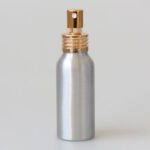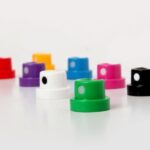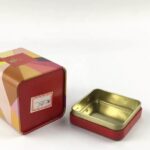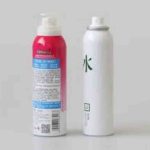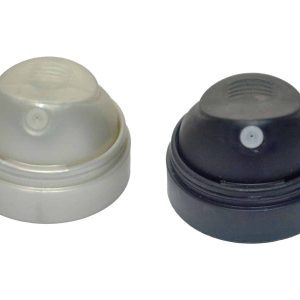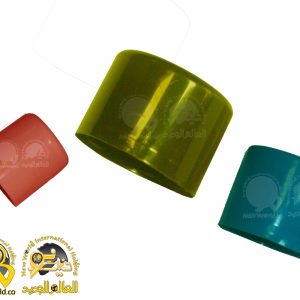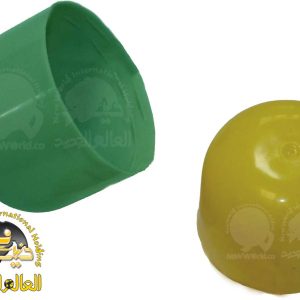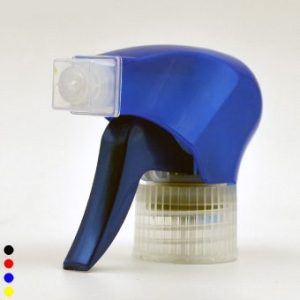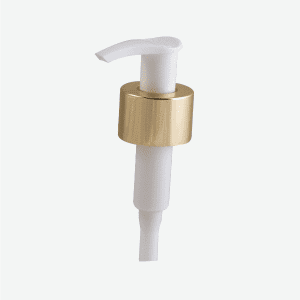Showing all 5 results
Door (Lid Or Cap) and Sprayer (Valve) and BOV
Door (Cap), Sprayer (Valve), and BOV are actually components of product packaging used in various industries including food, pharmaceutical, and chemical industries. The door is a part of the packaging that is installed on the corner of the product packaging and facilitates easier and better opening and closing. The sprayer is also installed as a nozzle on the packaging and is used to precisely control the amount and volume of the desired product. BOV, which stands for Bag on Valve, is a new technology in product packaging where the product is inside a bag and is placed outside the bag through a valve using compressed air. BOV packaging is used in many industries including agriculture, personal care, cosmetics, and pharmaceuticals.
Sprayer and spray cap are also known as sprayer valve, spray nozzle, or pump sprayer.
Sprayer valve is responsible for controlling the spray of materials inside the can. Despite the differences in the appearance of valves, this tool differs from others in terms of the number and type of outputs, and it is used for specific types of materials, whether they are dilute or thick, and some materials need to be placed inside a packet valve in a spray can.
Door (Cap) and Sprayer (Valve) and BOV: Types, Technical Specifications, and Detailed Descriptions
Caps, valves, and BOVs are essential components in the packaging of various industries, especially the food and pharmaceutical industries. These components act as intermediaries in the transfer and storage of materials, playing a very important role in maintaining the quality and safety of final products.
In this article, we will examine the types of door (cap), sprayer (valve), and BOV, their technical specifications, and provide detailed descriptions.
1. Door (Cap)
The door (cap) is a key component in packaging that is placed as a lid on the product and is used to preserve the quality and freshness of the product until it is used. There are different types of doors (caps) as follows:
1.1 Plastic Cap
Plastic caps are used in various industries due to their lightweight and good coverage properties. These caps can be either disposable or reusable.
1.2 Metal Cap
Metal caps are used in packaging industries that require higher safety measures due to their hardness and high resistance. These caps are usually opened and closed using a specific tool such as a wrench.
2. Sprayer (Valve)
The sprayer (valve) is another important component in packaging that is used as an interface for injection or discharge of materials in some products. There are different types of sprayers (valves) as follows:
2.1 Plastic Sprayer
Plastic sprayers are used in packaging liquid and powder products due to their lightweight, chemical resistance, and ease of use. These sprayers have a series of control mechanisms to prevent material leakage.
2.2 Metal Sprayer
Metal sprayers are used in packaging products that require higher safety and preservation of chemical properties due to their high resistance to pressure and chemicals. These sprayers are usually injected and discharged using a special tool.
3. BOV (Bag on Valve)
BOV or Bag on Valve is an intelligent mechanism used in the packaging of liquid products. This system intelligently injects and discharges the product using an adjustable mechanism and can prevent material leakage. This system is used in packaging products that require high precision in injection and discharge.
Technical Specifications Table
The table below summarizes the technical specifications of door (cap), sprayer (valve), and BOV:
| Type | Material | Reusable | Chemical Resistance |
|---|---|---|---|
| Plastic Cap | Plastic | Yes | Medium |
| Metal Cap | Metal | No | High |
| Plastic Sprayer | Plastic | Yes | High |
| Metal Sprayer | Metal | No | High |
| BOV (Bag on Valve) | Various | Yes | High |
Conclusion
In this article, we discussed the door (cap), sprayer (valve), and BOV. Door (cap) and sprayer (valve) play a crucial role in preserving the quality and safety of the final products. By reading this article, you can become familiar with the types and technical specifications of these components and make informed decisions for the best packaging solution for your products.








